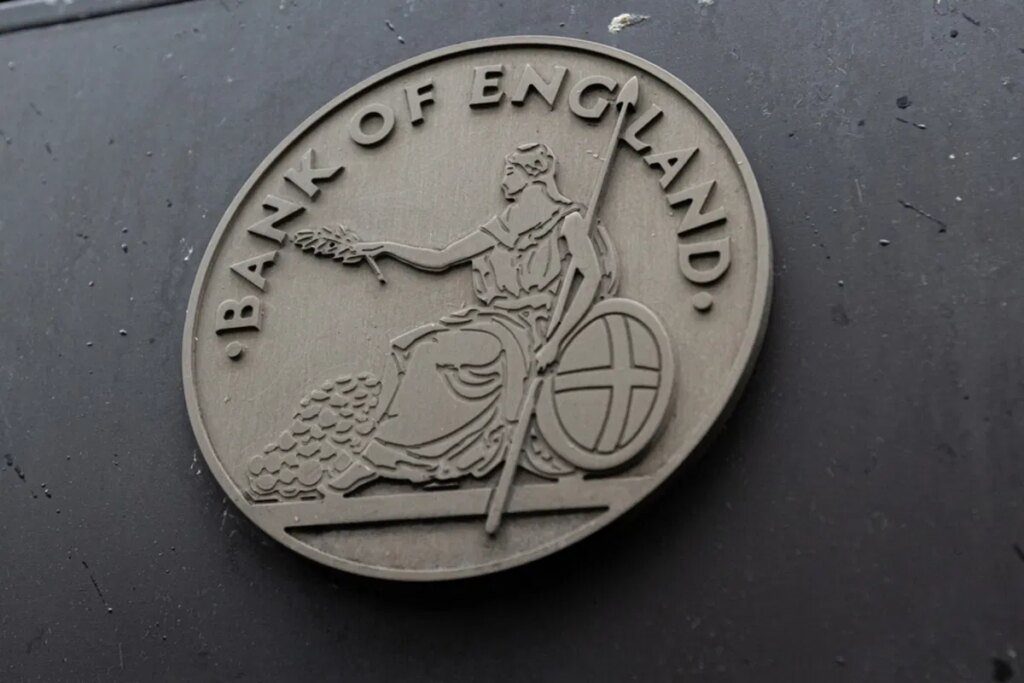Bank of England placard. Credit: Zeynep Demir Aslim, Shutterstock.
The Bank of England (BoE) has announced a new consultation paper outlining how it plans to regulate systemic stablecoins – digital currencies designed to maintain a stable value against the pound sterling.
The proposals, published on November 10, aim to make stablecoins safe enough for everyday payments while protecting the wider economy.
What are systemic stablecoins?
Stablecoins are digital tokens whose value is tied to traditional money (like the pound) or assets such as government bonds. They are called systemic when they become large or widely used enough that any failure could affect the UK’s financial system – similar to how major banks are regulated.
According to the Bank of England, this move is a “significant step” towards preparing for a future where digital and traditional money coexist, giving consumers and businesses more payment options.
The paper lays out several new rules designed to ensure that stablecoins remain safe and trustworthy:
- Backing assets: Stablecoin issuers must hold assets that guarantee each coin’s value. Up to 60 per cent of these assets can be invested in short-term UK government debt, while the rest must be held as cash in a Bank of England account.
- Higher flexibility for new issuers: Systemic stablecoin issuers launching for the first time can temporarily hold up to 95 per cent in government debt, helping them remain stable during early growth.
- Emergency support: The Bank is considering offering liquidity arrangements – essentially short-term loans – during financial stress to prevent sudden failures.
- Holding limits: To protect the broader economy, individuals could be limited to £20,000 per stablecoin, and businesses to £10 million. Larger firms could apply for exemptions. These limits would be temporary until the market matures.
Joint regulation with the FCA
Non-systemic stablecoins (those too small to threaten the financial system) will remain under the supervision of the Financial Conduct Authority (FCA).
If a stablecoin becomes systemic, it would move under the Bank’s remit, while the FCA would continue handling consumer protection.
A joint BOE–FCA document, expected in 2026, will clarify how the two authorities will coordinate oversight.
Why this matters for UK expats and digital investors
For British expats and investors using digital currencies abroad, this marks a turning point. A regulated stablecoin backed by the Bank of England could offer a safer, pound-linked digital payment option – ideal for transferring funds between the UK and Europe without relying on volatile cryptocurrencies.
The BoE’s Deputy Governor for Financial Stability, Sarah Breeden, said the goal is to “support innovation and build trust in this emerging form of money.”
- The consultation runs until February 10, 2026.
- After reviewing responses, the Bank plans to publish final Codes of Practice later in 2026, setting the official rules for systemic stablecoins.
- The framework could pave the way for a UK digital pound in the coming years.
View all crypto news.







